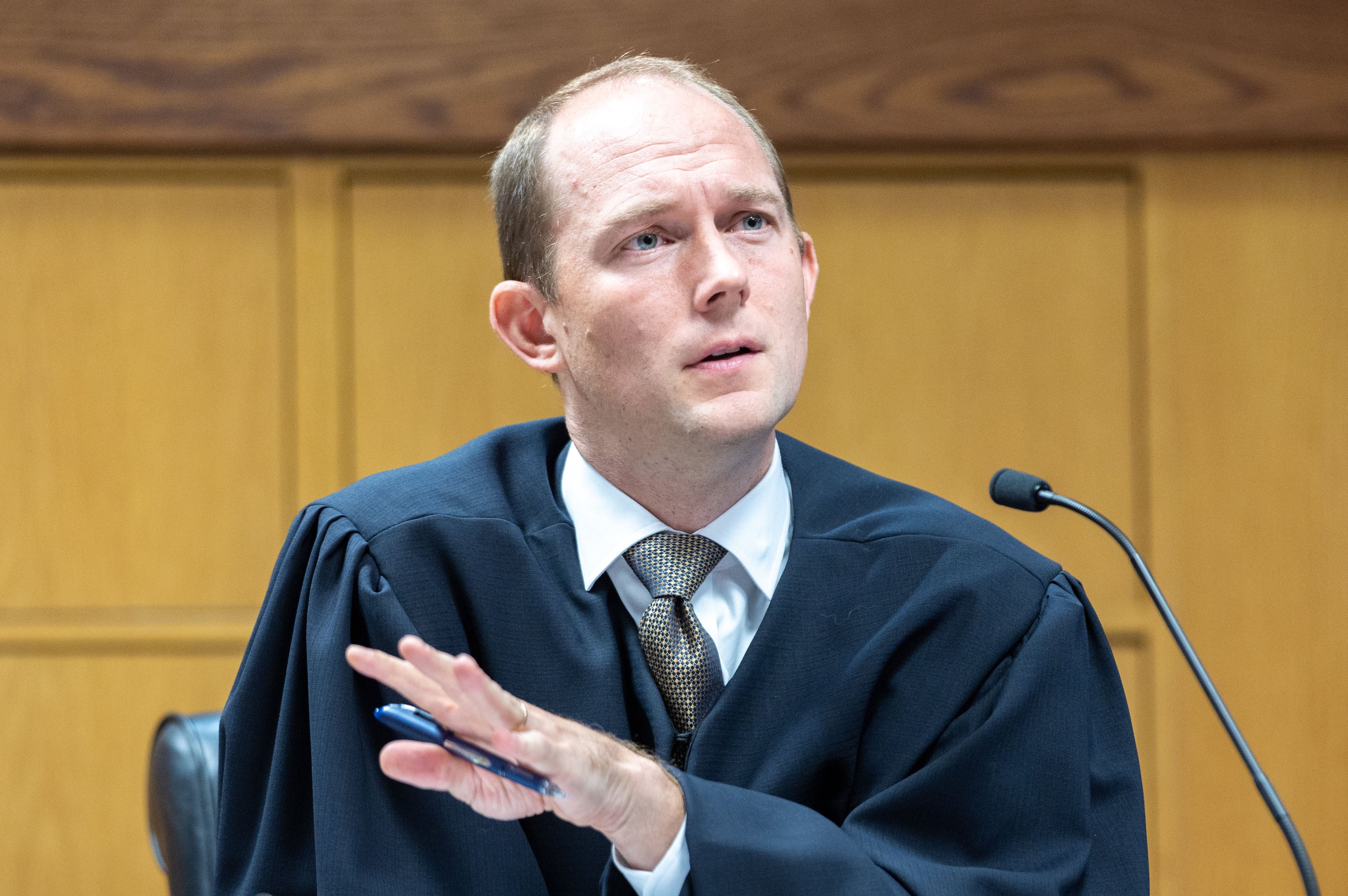Cobb increases water and sewer rates; DeKalb delays vote until next year

The Cobb County Board of Commissioners on Tuesday voted to increase water and sewer rates by about 18% over the next five years, with the first increases taking effect April 1.
“This is one of the most proactive measures I’ve seen us take with respect to water,” Chairwoman Lisa Cupid said. “A lot of times, it’s very difficult to make these decisions, and we end up having to do a significant increase because we keep delaying it.”
Starting April 1, water charges will increase about 2.5% and sewer charges will increase about 3.5%. Every Jan. 1 thereafter through 2029, both fees will increase by 3.5%.
The average residential customer in Cobb uses 5,000 gallons of water per month and is charged $67.30 monthly for water, sewer and stormwater, according to county documents. The total bill will go up next year by an average of $1.90 per month, or 2.8%.
The increases are needed to fund several large wastewater treatment projects in the next few years, as well as water and stormwater system replacements and upgrades, according to county staff. The fee hikes will also cover increased rates that Cobb County-Marietta Water Authority is charging the county government.
“In the past, we were able to absorb some of those rate increases because we had reserves,” Cobb County Water System Director Judy Jones said. “We burned down those reserves.”
Republican Commissioner JoAnn Birrell cast the lone vote against the increases, saying she will continue to oppose them until the county stops transferring some of the revenue into the general fund. The latest county budget transfer was 5% of revenue, an amount that has been decreasing by 1% every year.
Cobb last year increased water rates by 7.5% and sewer rates by 8.5%. The county also increased base water fees according to the meter size.
Construction costs have increased nationally and Cobb’s estimates for several large wastewater treatment plant construction projects have more than doubled in the past five years, Jones said in a memo to County Manager Jackie McMorris. Chemical and biosolids disposal costs have also increased, Jones said.
Cobb’s cost to buy wholesale water will increase 4% next year and is expected to increase by 5% every subsequent year through 2029.
Meanwhile, the DeKalb County Board of Commissioners on Tuesday postponed a vote on much steeper proposed water and sewer rate hikes until late January.
Outgoing county CEO Michael Thurmond in October proposed 6% increases for each of the next three years to fund a bond issue that would pay for critical upgrades at the Scott Candler Water Treatment Plant. County staffers said last month that the commission had to vote before the end of the year or the value of the bonds would plummet.
Thurmond told The Atlanta Journal-Constitution on Monday that a vote is not needed this month because funding is already in place for next year’s repairs.
DeKalb underinvested and mismanaged its water and sewer infrastructure for decades before Thurmond took office in 2017. The county is under a federal consent decree that mandates $1 billion worth of sewer upgrades by late 2027.
Commissioner Ted Terry has proposed to more than double water and sewer rates over the next decade to fund a $3 billion “bare bones” capital improvement plan that would still allow parts of the system to worsen.
Thurmond pushed back against criticism that his fee proposal was too little, too late. He said it was never intended to fund the entire capital improvement program. Incoming CEO Lorraine Cochran-Johnson and a commission with three new members should have the chance to alter the 10-year plan if they want and decide how to fund it, he said.
“My plan was to literally be a bridge from the progress we made that will allow work to continue, particularly at Scott Candler,” he said. “Ratepayers cannot shoulder this burden alone.”
Robert Patrick, chair of the commission’s public works and infrastructure committee, also said Donald Trump’s return to the presidency could affect the calculation.
“Come January 20, the world changes,” Patrick said. “Our access to grants and loans from the federal government may be affected and the requirements of the federal government on us may be changing.”



